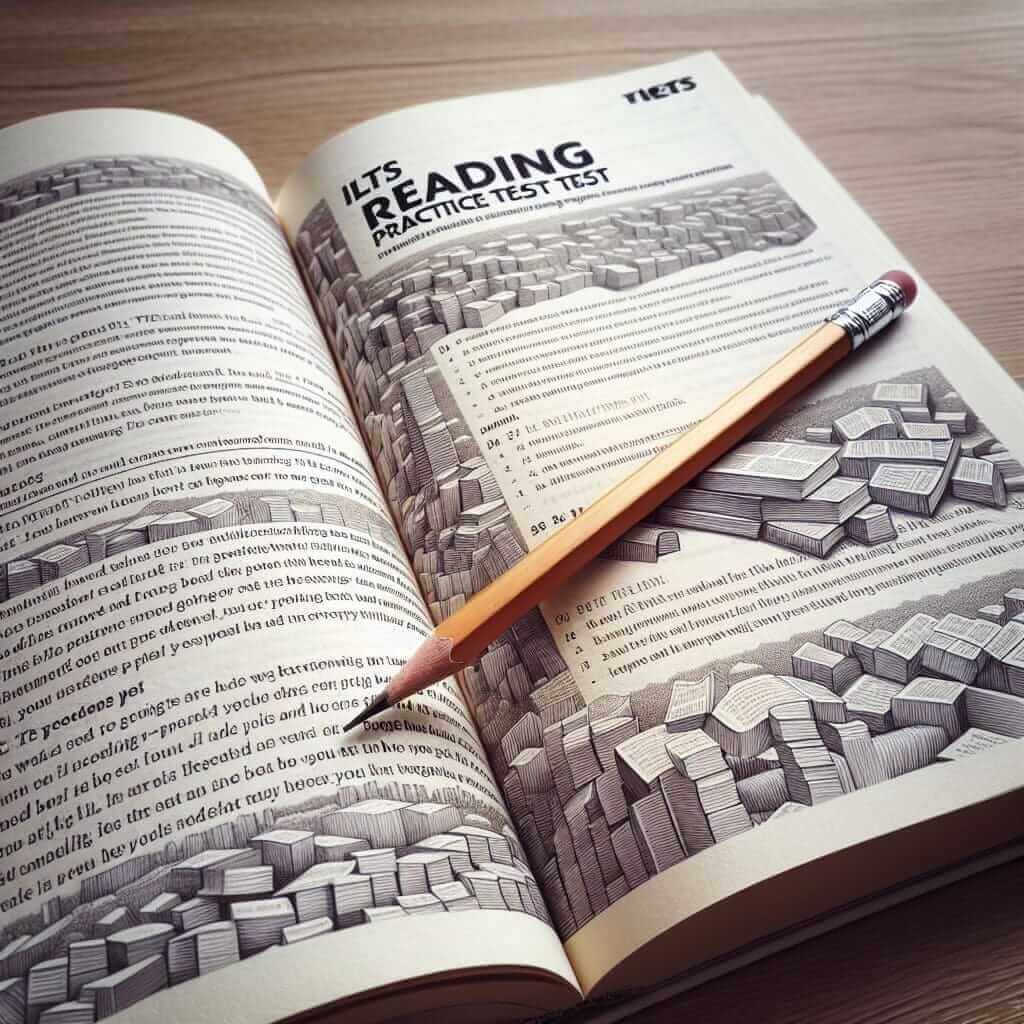As an IELTS instructor with over 20 years of experience, I understand the importance of effective assessment in the IELTS Reading section. It’s not just about checking answers; it’s about understanding a student’s strengths, weaknesses, and providing feedback that facilitates improvement. This guide will delve into the strategies and techniques you can employ when assessing your students’ IELTS Reading performance.
Understanding the Importance of Assessment
Before we jump into the ‘how-to,’ let’s establish ‘why’ effective assessment is crucial:
- Identifying Strengths and Weaknesses: Assessment helps pinpoint specific areas where a student excels or needs further practice. For instance, a student might excel in identifying the main idea but struggle with inference questions.
- Tracking Progress: Regular assessments provide a clear picture of a student’s development over time, allowing you to adjust teaching strategies accordingly.
- Providing Targeted Feedback: Instead of general comments, assessments enable you to offer precise feedback on specific question types or reading skills.
- Building Exam Confidence: Familiarizing students with the format and demands of IELTS Reading assessments builds their confidence for the actual exam.
Effective Assessment Strategies for IELTS Reading
1. Go Beyond Right and Wrong
While marking answers is essential, delve deeper into understanding why a student chose a particular answer.
- Encourage Self-Assessment: Have students analyze their own mistakes. Ask them to explain their thought process for choosing an answer, even if incorrect.
- Focus on Skill Development: Identify the skills tested in each question (e.g., skimming, scanning, understanding vocabulary in context). Provide feedback related to those specific skills.
2. Utilize a Variety of Assessment Methods
Don’t limit yourself to just full practice tests. Incorporate diverse methods:
- Short Passages with Targeted Questions: Focus on specific question types or reading skills.
- Timed Readings: Simulate exam conditions to improve time management.
- Think-Aloud Protocols: Have students verbalize their thought processes while reading and answering questions.
- Vocabulary and Grammar Checks: Regularly assess vocabulary range and grammatical accuracy, crucial for comprehension.
3. Provide Actionable Feedback
Feedback should be more than just a band score. It should guide improvement:
- Be Specific: Instead of “Your vocabulary needs work,” say, “Try using context clues to understand the meaning of unfamiliar words like ‘ambiguous’ in paragraph 3.”
- Offer Strategies: Suggest specific techniques for tackling challenging question types. For example, “When dealing with ‘True/False/Not Given’ questions, remember to base your answer solely on the information provided in the text.”
- Encourage Reflection: Ask students to reflect on their performance and set realistic goals for improvement.
Example from IELTS Reading Practice
Let’s say a student consistently struggles with ‘Matching Headings to Paragraphs’ questions. Here’s how you can assess and guide:
- Analyze Errors: Review their incorrect matches and identify the pattern of errors. Are they misinterpreting the main idea of a paragraph? Are they focusing on keywords without grasping the overall theme?
- Provide Targeted Practice: Assign exercises focusing solely on identifying the main idea of paragraphs. Use short paragraphs initially, gradually increasing the complexity.
- Illustrate with Examples: Discuss examples from past IELTS Reading passages, highlighting how to correctly match headings.
- Offer Strategies: Teach techniques like identifying topic sentences, understanding paragraph structure, and looking for synonyms and paraphrasing.

Conclusion
Assessing IELTS Reading goes beyond simply marking answers right or wrong. It’s about understanding your students’ reading processes, identifying their strengths and areas for improvement, and providing them with the tools and strategies they need to succeed. Remember, effective assessment is an ongoing process that requires patience, observation, and a commitment to helping your students reach their full potential.